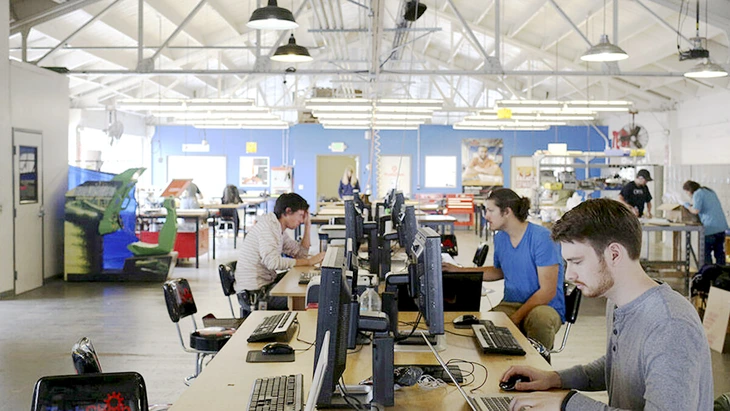
Employees work at a technology company in Silicon Valley - Photo: REUTERS
According to Reuters news agency, on September 19 (local time), US President Donald Trump signed an executive order imposing an additional fee of $100,000 for H-1B visa applications - a type of temporary work visa favored by US technology companies.
Priority given to American workers
The move is considered by observers to be one of the boldest steps to radically change foreign labor recruitment policy.
"Our goal is to ensure that companies only hire truly exceptional foreign workers — people with high-level skills that cannot be replaced by Americans," said White House personnel secretary Will Scharf.
According to Reuters, Commerce Secretary Howard Lutnick also commented at a press conference on September 19: "If businesses need training, train graduates from top universities in the country. Invest in Americans."
“Either that foreign worker brings superior value to the company and to the United States, or they will have to leave to make room for Americans. That is the nature of immigration policy,” Mr. Lutnick added.
In addition, according to analysts, this policy is not simply a move to protect domestic jobs, it also reflects an effort to tighten the situation of businesses exploiting visa programs to cut personnel costs.
Previously, President Trump and Vice President JD Vance accused technology corporations of deliberately cutting US staff to replace them with cheap labor through the H-1B program.
Republican Senator Jim Banks even commented on Breitbart News: "Big corporations have manipulated the system, flooding the US market with a cheap labor force from abroad, in order to push wages down."
However, in reality, the H-1B has long been an essential source of human resources for the US economy . According to Reuters, this program grants about 85,000 visas each year - including 65,000 for skilled workers and 20,000 for people who have graduated from graduate schools in the US.
In the first half of 2025, tech giants like Amazon, Microsoft, and Meta were each approved for between 5,000 and more than 12,000 H-1B visas. The vast majority of the visa costs—ranging from a few hundred to a few thousand dollars—were paid by the companies.
A new study by the Institute of Labor Economics (IZA) also found that businesses with high H-1B utilization rates typically report better revenue growth and are more likely to stay in business long-term.
Tech giants protest
According to the Guardian , the US tech industry relies more on H-1B visas than any other sector of the economy.
Trump's tightening of H-1B visas has not only caused confusion for tech giants like Amazon, Google and Tesla, but also deeply worried start-ups and small and medium-sized businesses.
The US tech industry has long relied heavily on highly skilled workers, particularly from India and China – two countries that will account for 71% and 11.7% of H-1B visas issued in 2024, respectively.
Immediately after the visa tightening news was announced, shares of technology companies with high dependence on H-1B fell from 2% to nearly 5%.
Experts warn that tightening the H-1B program could have dire consequences: businesses would be forced to move high-tech operations abroad, thereby undermining America's global competitiveness, especially in the artificial intelligence (AI) technology race with China.
"In the short term, Washington may gain a significant budget, but in the long term, the US is trading its innovation drive for a short-sighted protectionist policy. This damages the US economy's innovative edge and growth capacity," said analyst Jeremy Goldman from market research firm eMarketer.
In addition, the restriction of H-1B visas is expected to directly affect the political relationship of Silicon Valley companies with the government, as many technology billionaires who once strongly supported Mr. Trump's election campaign are now facing policies that could seriously harm their industry.
Billionaire Elon Musk frankly shared: "The reason I am in the US and can build SpaceX and Tesla is thanks to the H-1B program. It brings the best people in the world here, helps fill the talent gap and keeps America leading."
Entrepreneur Mike Krieger - co-founder of Instagram and currently Chief Product Officer at AI company Anthropic - is also a typical example of success from H-1B as he was a Brazilian-born Stanford alumnus working at messaging platform Meebo, according to technology site TechCrunch.
Deedy Das, a partner at Menlo Ventures, said the new visa policy would "undermine the incentives to attract the best minds on the planet to the United States," thereby depriving Washington of innovation and weakening its long-term economic foundation.
According to CNN, lawyers note that many of the new visa policies go beyond the president's authority. Major changes related to investor visas and permanent immigration typically require congressional approval.
Launch of the $1 million gold card
In the face of mixed opinions, President Trump affirmed that the "Gold Card" initiative - a fast-track immigration path for individuals willing to spend $1 million or companies spending $2 million to sponsor workers, announced by him on September 19 - will be an alternative solution to attract talent, instead of accepting the "lower tier" of the global labor market, according to Business Insider.
However, many experts say that the "Gold Card" is commercializing residency rights, turning the American dream into a privilege of the rich.
In addition, the "Gold Card" risks eroding America's well-established image as a destination of opportunity and fairness.
Many fear that when access is priced in money, the message sent to the world is no longer one of the “American dream” for everyone, but one of the “American dream” for the rich.
Source: https://tuoitre.vn/siet-visa-h-1b-my-chan-loi-nhan-tai-20250920223717286.htm



![[Photo] The 1st Congress of Phu Tho Provincial Party Committee, term 2025-2030](https://vphoto.vietnam.vn/thumb/1200x675/vietnam/resource/IMAGE/2025/9/30/1507da06216649bba8a1ce6251816820)
![[Photo] President Luong Cuong receives President of the Cuban National Assembly Esteban Lazo Hernandez](https://vphoto.vietnam.vn/thumb/1200x675/vietnam/resource/IMAGE/2025/9/30/4d38932911c24f6ea1936252bd5427fa)
![[Photo] Panorama of the cable-stayed bridge, the final bottleneck of the Ben Luc-Long Thanh expressway](https://vphoto.vietnam.vn/thumb/1200x675/vietnam/resource/IMAGE/2025/9/30/391fdf21025541d6b2f092e49a17243f)
![[Photo] General Secretary To Lam, Secretary of the Central Military Commission attends the 12th Party Congress of the Army](https://vphoto.vietnam.vn/thumb/1200x675/vietnam/resource/IMAGE/2025/9/30/9b63aaa37ddb472ead84e3870a8ae825)
![[Photo] Solemn opening of the 12th Military Party Congress for the 2025-2030 term](https://vphoto.vietnam.vn/thumb/1200x675/vietnam/resource/IMAGE/2025/9/30/2cd383b3130d41a1a4b5ace0d5eb989d)
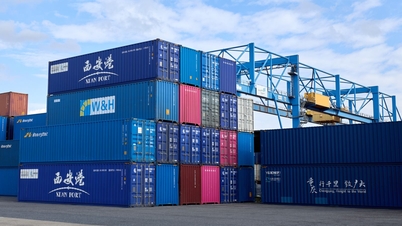

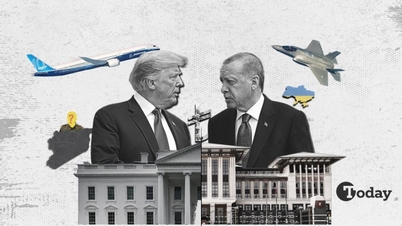

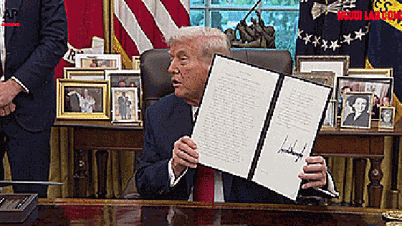

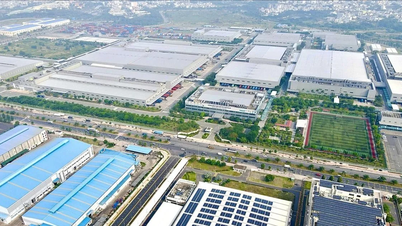



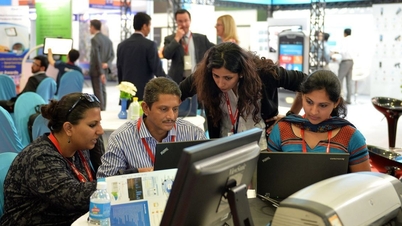


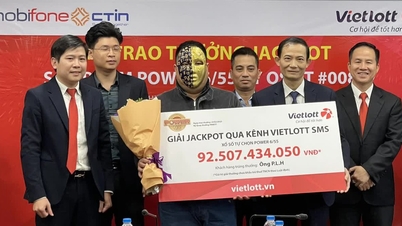



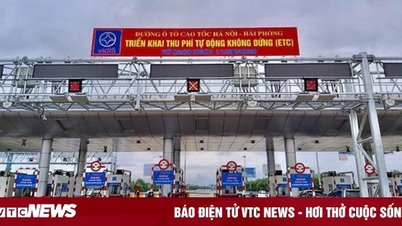









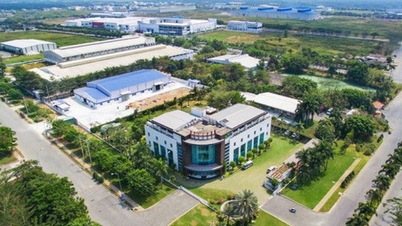
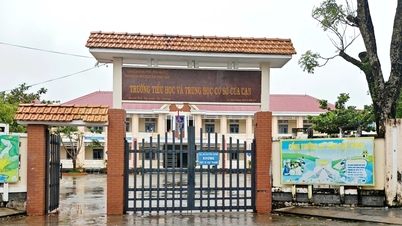

































































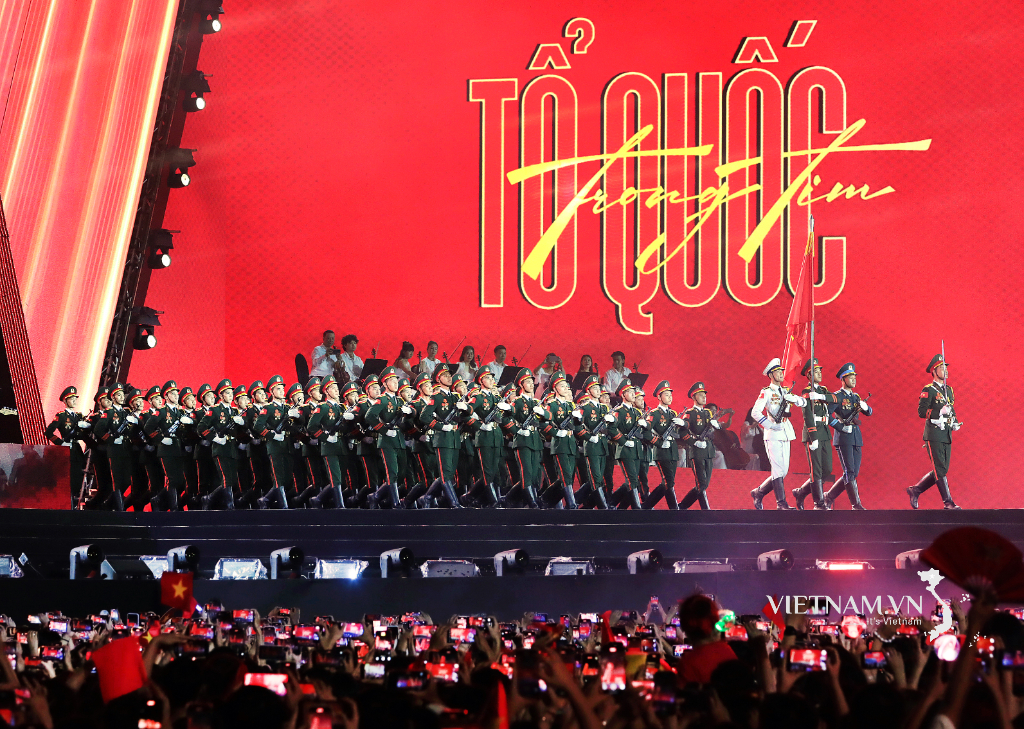
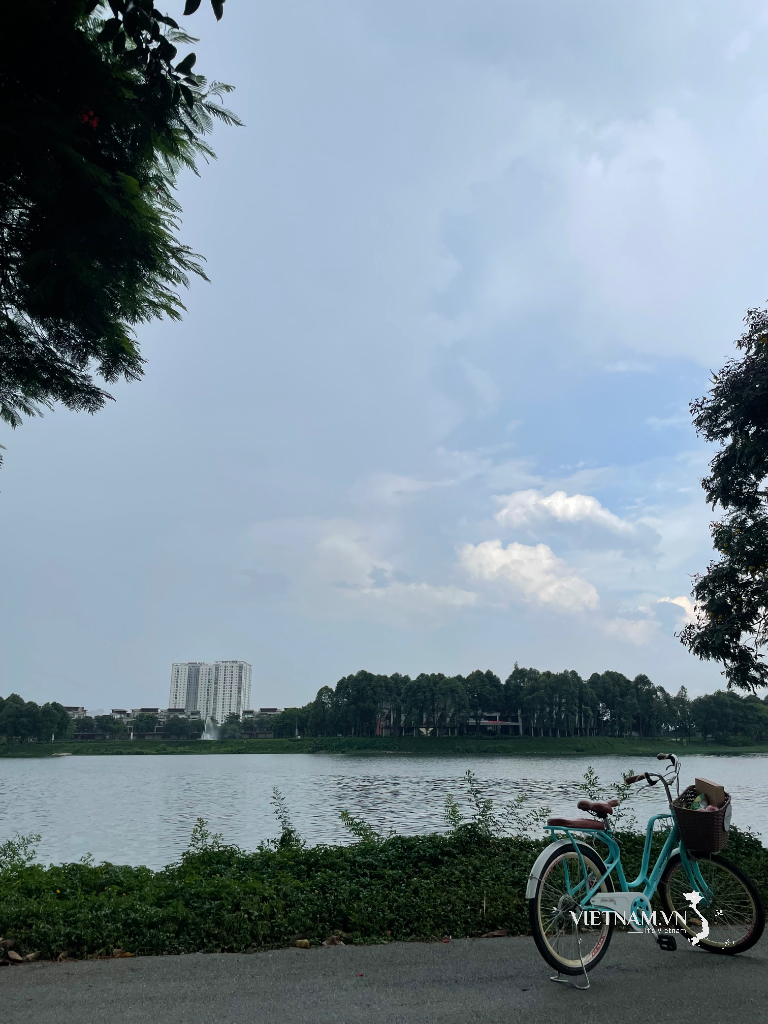
Comment (0)